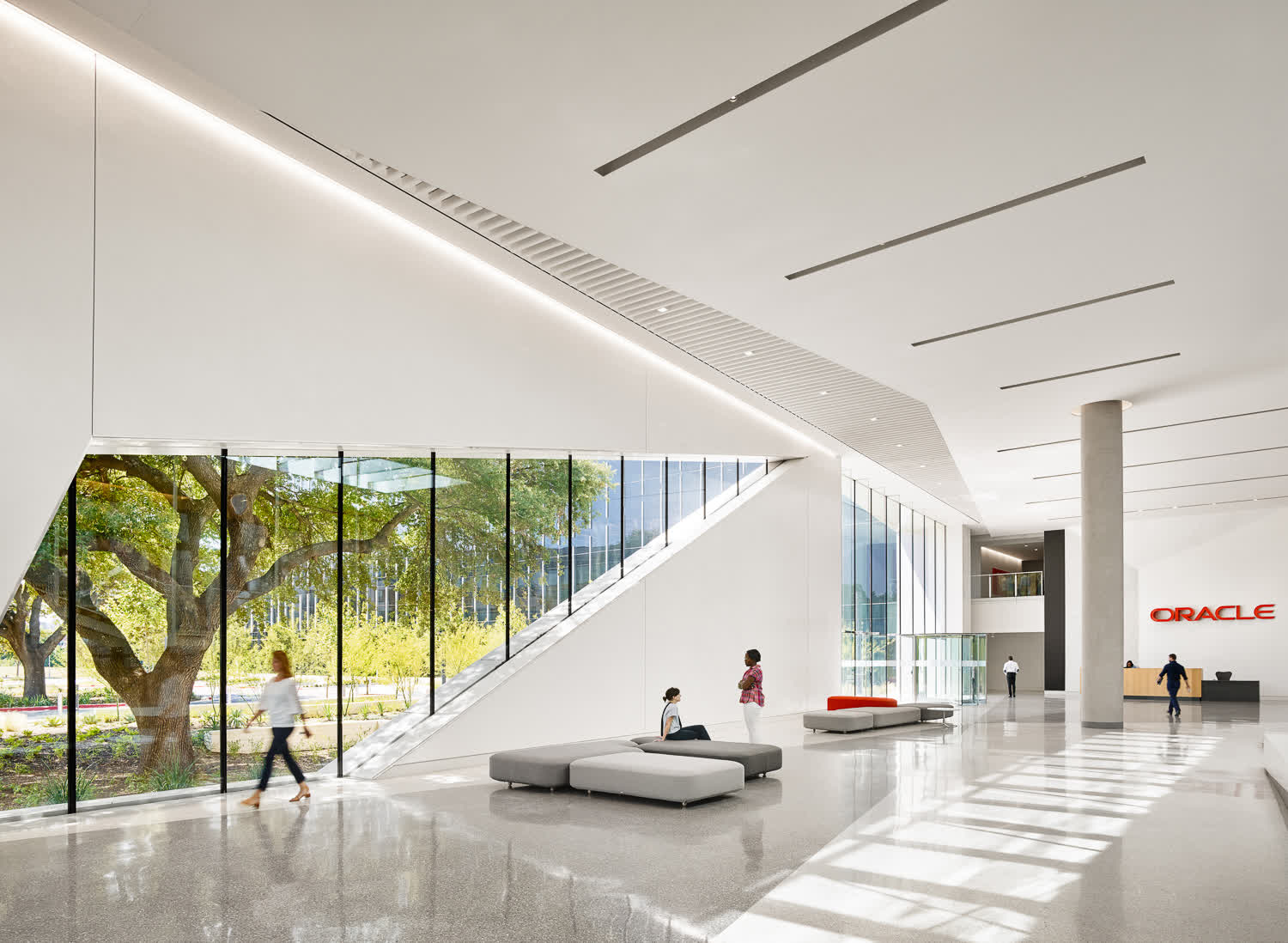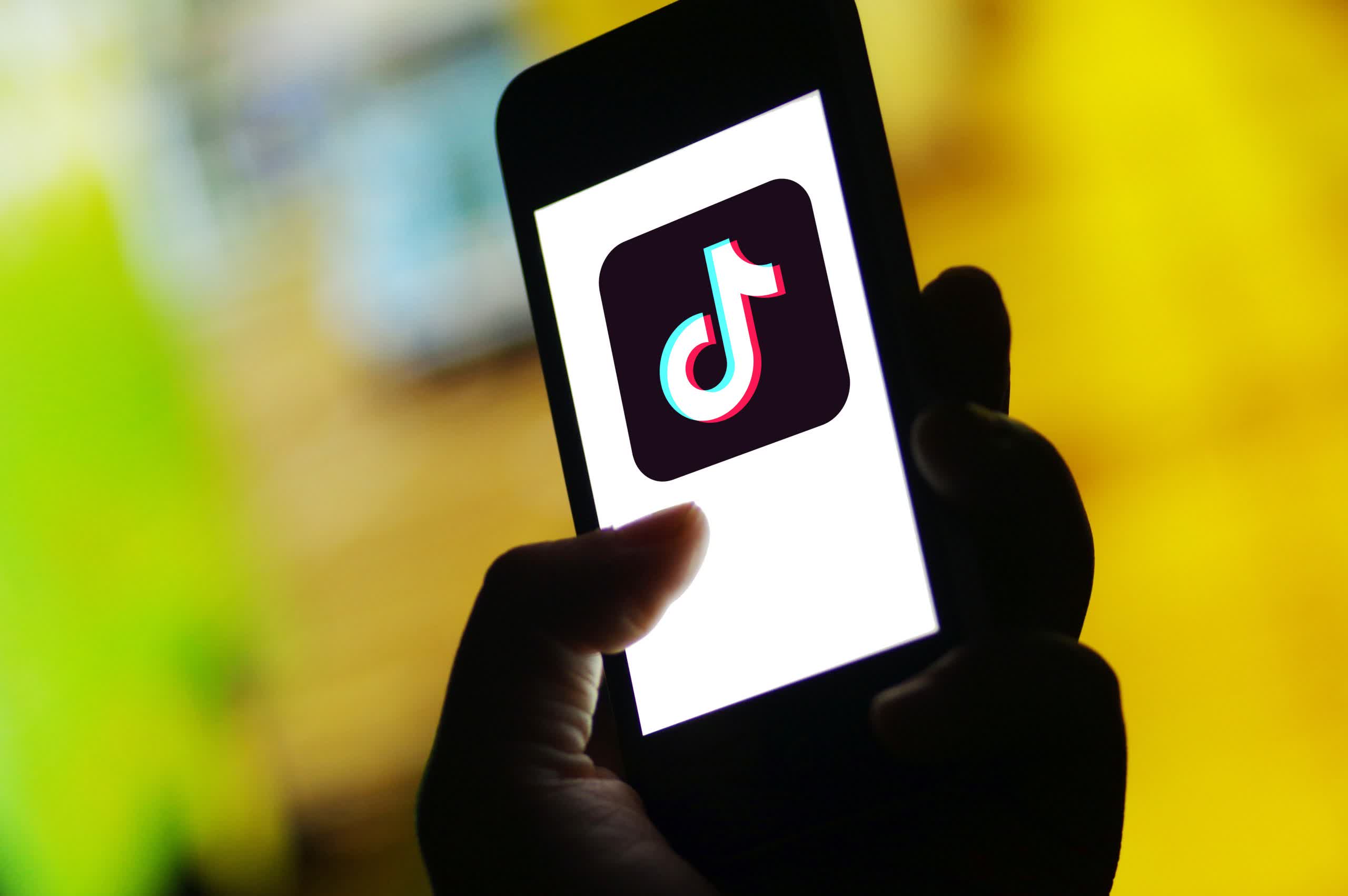In context: Recently released statements from TikTok employees reveal that Chinese employees repeatedly and improperly accessed nonpublic U.S. user data. Despite earlier claims that Tiktok user data was secured and controlled by a "US-based security team," the social media giant has been found to have improperly accessed user data on several occasions and was suspected of possibly leaking information directly to the Chinese government. Now, a TikTok executive has provided congress with a letter explaining how the company will protect the info from ByteDance and house it in an Oracle data center in the U.S.
The letter from TikTok CEO Shou Zi Chew was sent to nine U.S. senators to explain how the company will keep all information stored in U.S. based Oracle data centers. The data would be periodically audited by a U.S.-based security team.
Chew acknowledged that the move was part of the social media company's larger approach to enhance data security known as Project Texas. Chew also minced no words in the letter, acknowledging that TikTok is one of the "...most scrutinized platforms from a security standpoint, and we aim to remove any doubt about the security of U.S. user data."
The follow up letter from TikTok was provided in response to inquiries from Marsha Blackburn, John Thune, and several other U.S. senators who questioned the company and their data practices. Their questions were submitted following a report from BuzzFeed on ByteDance's data security practices (and flaws). The response from TikTok denies any wrongdoing on the company's behalf, stating that the accusations and insinuations in the BuzzFeed article were incorrect and not supported by facts.

Chew's letter goes on to discuss data controls and reiterated the company's intent to delete all U.S. user data from its current servers once the Oracle transition is complete. However, he was also clear that ByteDance employees in China would still work on TikTok, developing algorithms designed to feed personalized recommendations to the platform's users. He also acknowledged that specific videos and comments would remain open to Chinese employees, but only under approved government conditions.
On Friday, Senator Blackburn said that Mr. Chew's letter proved that fears about the Chinese Communist Party's influence on the company were well founded. "The Chinese-run company should have come clean from the start, but it attempted to shroud its work in secrecy," she said, adding that TikTok needed to testify before Congress again.
